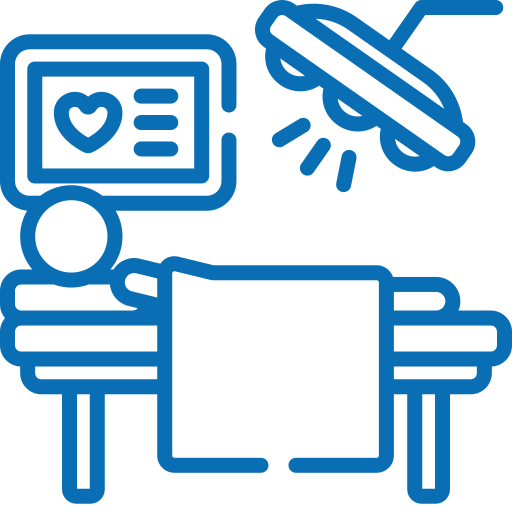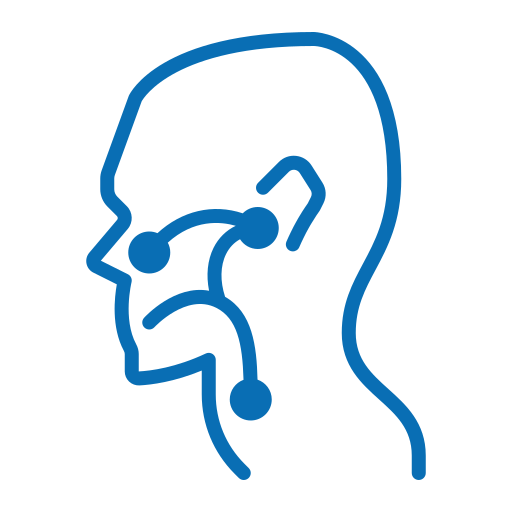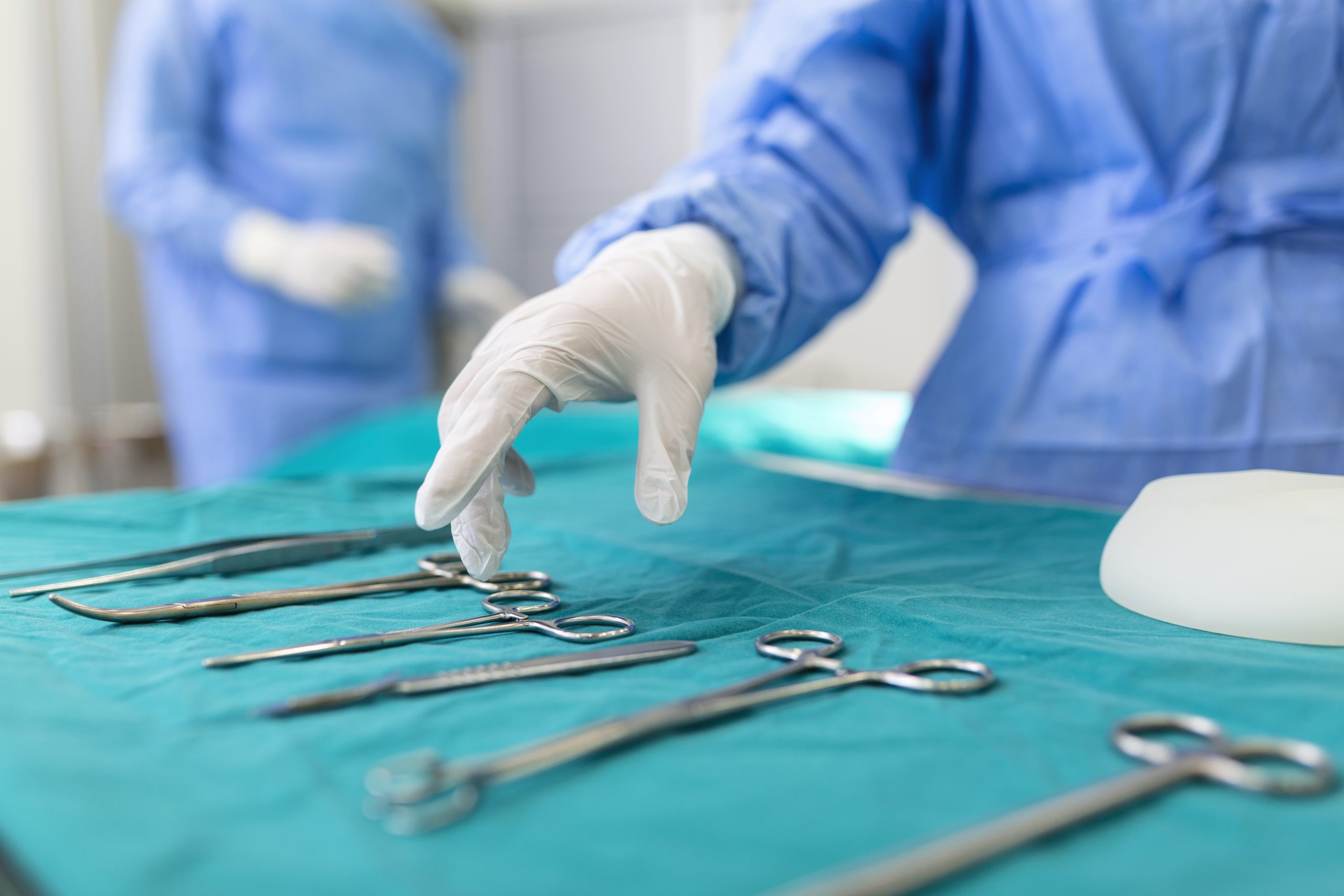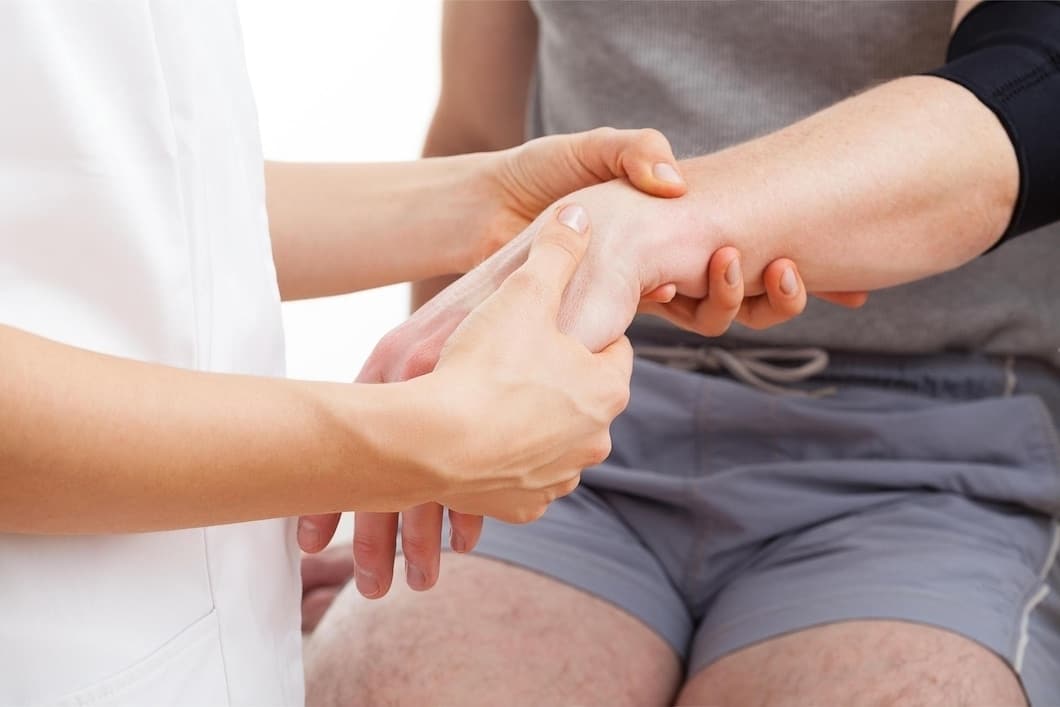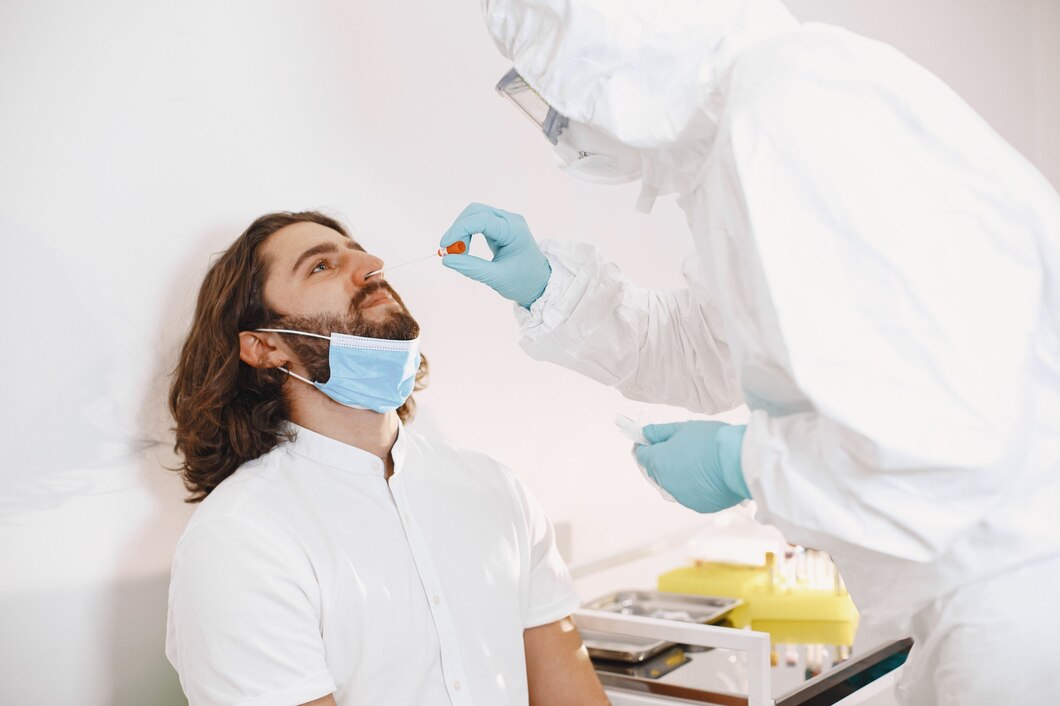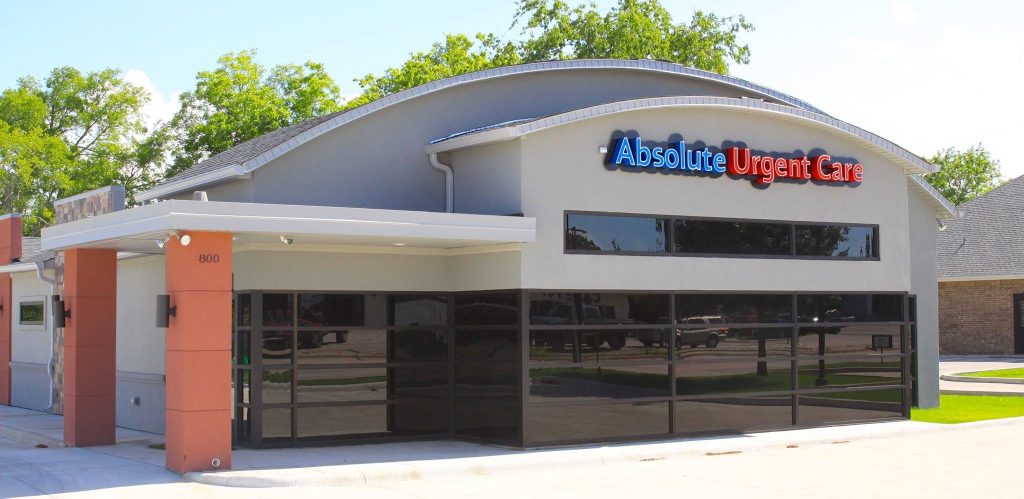The thought of living with chronic kidney disease (CKD) can be very burdensome, but with appropriate knowledge and strategies it can be effectively managed so that you can still live a high quality life. This article is meant to provide tips, treatments and insights that will help in managing CKD. Whether you are recently diagnosed or have been living with CKD for some time, this manual will guide you on your health journey.
Understanding Chronic Kidney Disease
What is Chronic Kidney Disease?
Chronic kidney disease is a condition where the kidneys slowly lose their function over time. The key role played by kidneys in the body is to filter waste products as well as excess fluids from blood which end up being excreted through urine. Damaged kidneys may make one hold back waste materials in the body resulting into different health problems.
Stages of Chronic Kidney Disease
CKD has five stages that are classified based on glomerular filtration rate (GFR), which measures how well your kidneys work. Stage 1 is the least severe form and has very little impact on kidney function while Stage 5 , also known as end-stage renal disease requires dialysis or kidney transplant. The stage of your CKD helps to plan for an appropriate treatment.
Causes and Risk Factors
Several factors may cause CKD such as diabetes, high blood pressure, family history of kidney diseases among others. Risk factors associated with CKD include age, obesity and smoking among others. It is important to identify these risk factors early enough for intervention or prevention.
Symptoms and Diagnosis
Recognizing Symptoms
CKD progresses silently often without showing any symptoms until when at advanced stages. Fatigue, ankles swelling , frequent urination, and high blood pressure are some common signs . Early detection plays a crucial role in effective management of the disease.
Diagnostic Tests
Diagnosis of CKD involves a series of tests such as blood tests for GFR, urine test for proteins or blood and imaging tests to assess structure of the kidneys. An early diagnosis can go a long way in improving treatment outcomes.
Importance of Regular Check-ups
CKD requires regular medical check-ups and monitoring. Routine testing helps monitor progress of the disease in order to make necessary changes in the treatment plan. Therefore be proactive and maintain open communication with your doctor.
Diet and Lifestyle Changes
Adopting a Kidney-Friendly Diet
A well-balanced diet is important for managing CKD. Concentrate on taking low sodium, potassium, phosphorus foods. More fruits, vegetables, lean proteins and whole grains should be included in your diet. You may want to reach out to a nutritionist who will help you design a specific meal plan.
Staying Hydrated
Proper hydration supports kidney function; however fluid intake must be monitored especially at late stages of CKD.. Discuss with your healthcare provider about how much fluids you should take daily so that you do not end up with fluid overload.
Exercise and Physical Activity
Regular physical activity is beneficial to overall health and can assist with management of CKD. One should aim at getting thirty minutes of moderate exercise like walking or cycling done most days per week. Always consult your physician before engaging in any new exercise program.
Medical Treatments and Therapies
Medications for CKD
There are also several medications that can help manage CKD as well as its complications. These include medicines that control blood pressure, reduce proteinuria, or treat diabetes; it is very important to follow prescriptions when it comes to slow down progression if ill-health disorders have been identified by physicians via screening results from renal diseases among others.
DIALYSIS
Towards the end of CKD, some patients may need dialysis. Dialysis performs the same functions as kidneys by filtering waste and excess fluid from blood. Hemodialysis and peritoneal dialysis are the two major types. Then, it is your doctor who will choose the right option.
KIDNEY TRANSPLANT
End-stage CKD can be treated through kidney transplantation. In this method, an unhealthy kidney is replaced with a healthy one from a donor. However, it is essential to plan and consider everything carefully despite providing better quality of life opportunities.
EMOTIONAL AND MENTAL HEALTH SUPPORT
COPING WITH CKD DIAGNOSIS
It can be emotionally difficult to receive a diagnosis of CKD. It is normal to feel anxious or overwhelmed at times. To deal with these emotions, seek assistance from family members or friends or even professional therapists.
JOINING SUPPORT GROUPS
People facing similar challenges can provide solace and inspire others in similar situations; hence try joining a support group of CKD either online or physically so that you can exchange experiences and get more useful ideas.
MANAGING STRESS AND ANXIETY
Coping With Emotional Stressful Moments and Anxiety in General
It’s not easy to live for long with chronic diseases like Diabetes mellitus but it’s crucial to find ways of coping up with stress for general wellbeing purposes. Through such techniques as yoga, meditation or breath regulation exercises mental health improves drastically leading to less anxiety.
PREVENTING FURTHER KIDNEY DAMAGE
CONTROLLING BLOOD PRESSURE
CKD has high blood pressure as one of its main risk factors . You can slow down its progress by managing your blood pressure through medication, dieting ,and lifestyle alterations thus preserving your kidneys .
MANAGING DIABETES
Keeping Blood Sugar Levels under Control when Diabetes is Present
If you have diabetes, keeping your blood sugar levels in check is crucial for preventing kidney damage. This may be done through close monitoring and managing diabetes effectively by the healthcare team.
AVOIDING HARMFUL SUBSTANCES
Medications and Substances to Avoid
There are certain drugs and substances that can cause more harm to your kidneys. First, stay away from non-prescribed pain relievers, which most of them are. Secondly, talk to your physician before taking any new medication. In addition you should protect your kidneys by limiting alcohol intake or even quitting smoking altogether.
INNOVATIONS IN CKD MANAGEMENT
Improving New Methods of Treatment
The CKD management field has been growing due to research and technology development . There is hope in new medications, better dialysis techniques as well as regenerative therapies that may result in improved future results.
THE ROLE OF TELEMEDICINE
This helps patients with chronic kidney disease get medical advice as well as remote monitoring through changing healthcare delivery systems. Virtual consultations enhance convenience and guarantee timely care.
PERSONALIZED MEDICINE
Personalized medicine analyzes one’s genome and other personal health factors so that treatment plans can be made just for that person. This opens up the potential for more effective interventions specifically designed for CKD patients.
NUTRITION IN CKD MANAGEMENT
UNDERSTANDING NUTRITIONAL NEEDS FOR CKD PATIENTS
Nutrition is a cornerstone aspect of managing CKD’s progress. Specific dietary adjustments are required at different stages of CKD. It is wise seeing a nutritionist who specializes in kidney health.
KEY NUTRIENTS TO MONITOR
Monitoring salt, potassium, phosphate intake among others is essential when having such chronic diseases like this one since it affects blood pressure , fluid balance ,and kidney function generally .
SAMPLE MEAL PLANS
Renal-Diet-Friendly Meal Examples
To have variety on the diet while dealing with Chronic Kidney Disease (CKD), create a meal plan that coincides with your restrictions and preferences. The following are examples of kidney-friendly meals to help you get started.
BUILDING A STRONG SUPPORT SYSTEM
IMPORTANCE OF FAMILY SUPPORT
When dealing with long-term diseases, it is important to have reliable support. In such circumstances, family members may assist in a number of ways including providing practical help, emotional counselling as well as encouragement for sticking to treatment plans.
Communicating with Caregivers
When it comes to managing CKD, effective communication with caregivers is important. Make sure they are aware of your treatment plan, dietary restrictions and any symptoms you may have.
Community Resources
Many neighborhoods present resources like CKD patients’ transportation systems, nutritional guidance or financial support. Find out what exists in your locality that will help alleviate the strain of managing this disease.
Staying Informed and Educated
The Value of Continuous Learning
Knowing more about CKD and how to manage it will help you make better choices about your health. Follow reliable health websites, go to workshops or read current literature.
Trusted Sources for Information
For accurate and trustworthy information on CKD, look up sources like the National Kidney Foundation, American Kidney Fund and Absolute Urgent Care.
Engaging with Healthcare Providers
Stay open and honest with your healthcare team. Regularly speak about treatment plans, any changes in condition or new researches or treatments that might benefit you.
Chronic kidney disease management requires a comprehensive approach involving medical treatment, lifestyle changes and strong support systems. You can effectively deal with CKD by actively participating in your care, being well-informed about the issue at hand as well as using available resources such as Absolute Urgent Care. Remember to reach out to Absolute Urgent Care for personalized advice and support throughout your journey towards good health.
Remember: there are people who are ready to help you. Consult health professionals look into community resources maintain involvement accordingly. For further inquiries concerning our services at Absolute Urgent Care just contact us anytime because we do value our customers.


